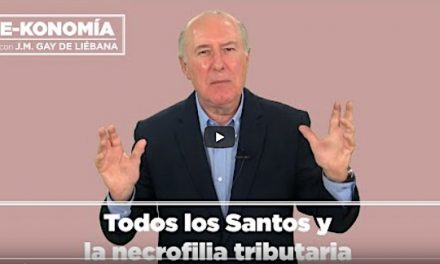The YouTube channel of the Royal European Academy of Doctors-Barcelona 1914 (RAED) already has the video summary of the academic session “Sostenibilidad, retos y desafíos del sistema de pensiones”, (Sustainability and challenges of the pension system), held in Barcelona on June 28 and moderated by José Ramón Calvo, president of the Institute of International Cooperation of the RAED. The event was framed in the cycle of debates promoted by the Academy on current issues and was attended by José Luis Bonet, president of the Chamber of Commerce of Spain and full academician elected of the RAED; Myrta Casanovas, businesswoman and philanthropist; José María Gay de Liébana, professor of Economics and Business at the University of Barcelona, renowned analyst and full academician of the RAED number; Pau Miret, researcher at the Centre for Demographic Studies of the Autonomous University of Barcelona, and José Luis Salido, professor of Law at the University of Barcelona, full academician and president of the Social Sciences Section of the Royal Academy.
The session addressed the sustainability of the Spanish pension system and Social Security and the different alternatives considered to make it viable in the medium and long term. Gay de Liébana said that the current pension system collects 6,000 million more than what it spends, although “money goes to places that it shouldn’t, and isn’t spent on pensions or insuring the system”. Miret, for his part, said that the bankruptcy in the public pension system cannot be attributed to demographics: “Spain currently enjoys good demographic health, since it concentrates a large number of contributors in adulthood and the more productive part of the working life, a fact that could be used to fill the pension fund”.
Salido spoke openly about the “bankruptcy” of the current pension system in Spain when it faces eight or ten million pensioners. Bonet was very critical of a system that “compulsorily retires people with a great productive capacity and doesn’t take advantage of their experience and capacity to create wealth for society” and Casanova stressed the urgency of proposing innovative formulas that help to make sustainable the current system of pensions, such as the reduction of public expenses in entities that don’t contribute wealth and value to society or, even, generate a lottery destined solely for pensions with the legal endorsement of their social purpose.




